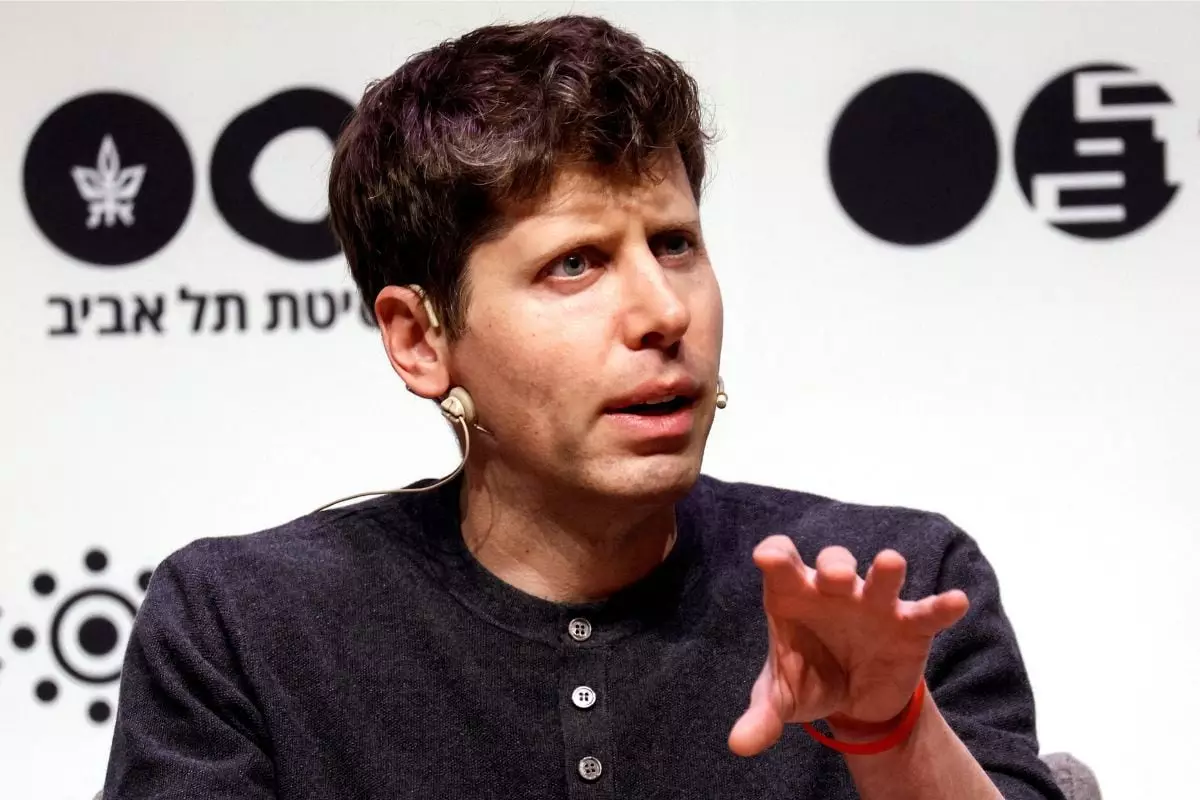OpenAI’s recent decision to implement Anthropic’s Model Context Protocol (MCP) across its product suite signifies a transformative leap in the world of artificial intelligence. This initiative not only standardizes how AI systems engage with external data sources but also heralds a new era of seamless integrations. In a landscape where divergent methods can result in inconsistent chatbot behaviors, OpenAI’s dedication to embracing a unified protocol is crucial. It is impossible to overstate how important this is for developers and end-users alike. The agony of facing different AI responses depending on the data source is a frustration that many have dealt with for years. OpenAI’s adoption of MCP could significantly mitigate this issue.
A Push Towards Openness and Collaboration
The timing of this announcement is noteworthy, particularly considering the growing momentum behind open-source technologies. For software developers and AI researchers, the sharing of standards enables a collaborative environment that fosters innovation. In a post on X (formerly Twitter), CEO Sam Altman mentioned the popularity of MCP among developers, underscoring a critical point: businesses that rely on AI need solutions that can easily integrate within their existing frameworks. OpenAI’s commitment to this open-source protocol not only indicates a level of maturity in their approach, but it also suggests that they are willing to prioritize the collective good over insular competition. This kind of mindset is vital for the evolution of AI technology.
Addressing Legacy Systems
The introduction of MCP also begins to tackle the cumbersome challenge faced by many AI applications: connecting with legacy systems and varying data formats. Traditional approaches often lead to frustrating latency issues and inefficiencies that hinder user experience. This inefficiency is a barrier that many organizations encounter when integrating cutting-edge AI solutions with older systems. Standardizing connections via MCP offers a hopeful solution that could level the playing field, allowing even the most outdated infrastructures to harness powerful AI capabilities.
The User-Centric Approach
OpenAI’s move towards integrating MCP isn’t just a technical enhancement; it’s a manifesto for user-centric design. By enabling features that connect chatbots to platforms like Google Drive and Slack, the AI provider is prioritizing user demands and workflows. This shift demonstrates an understanding of the needs of modern businesses, where communication tools and data accessibility are paramount. Rather than imposing limitations on users, OpenAI’s evolving product ecosystem increasingly caters to real-world applications. This is a refreshing approach that contrasts sharply with more closed-off designs from less progressive tech companies.
Repercussions for the Future of AI
Ultimately, the implications of OpenAI’s MCP integration are profound. As artificial intelligence continues to permeate various sectors, having a standardized method for accessing external data could greatly enhance trust and reliability in AI systems. If developers and users can expect consistent behavior from AI technologies, the potential for deployment across industries increases exponentially. This shift could forge a path for broader acceptance of AI solutions by businesses hesitant to invest in technology whose performance is unpredictable.
OpenAI’s decision to adopt the MCP framework is not just a minor update; it’s a significant development that could transform the AI landscape. It carries positive ramifications for developers, enhances user experience, and sets a precedent for the future of collaborative technology development.

